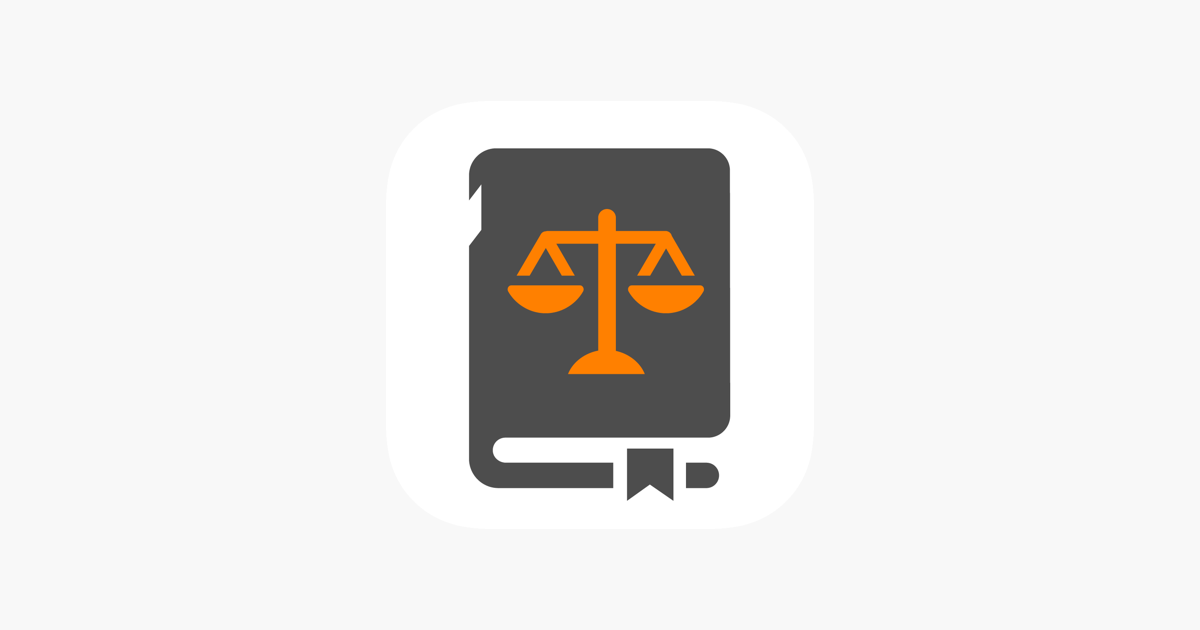- For your
- Research sub
- For your
- Products
- Our
- Our sub
- About
- about sub
- Contact
Black's Law Dictionary app. Access more than 50,000 legal definitions online or offline with the Black's Law Dictionary, 10th mobile app. Buy now (iOS) pip. Apr 13, 2018 Law Dictionary Offline Features: - This app works offline - you do not need an internet connection. Perfect for your trips or when no data connection is available. Thousands of Law Words.
Oxford Languages offers over 40 partner apps covering more than 25 languages so that language learners of all levels can quickly and easily access our world-leading content tailored to their needs.

Whether you want to look up the meaning of a word, translate a word into another language, find a synonym, antonym, or guidance on pronunciation, our apps can help you find the answer.

Explore our range of monolingual and bilingual dictionary, thesaurus, translation, grammar, pronunciation, and language usage apps – all available for Android, iOS, and Microsoft Mobile download – on our partner’s site.

All of Oxford Languages’ apps are developed and distributed by trusted third party developers. If you need help with one of these apps, please contact the appropriate developer for support.
Free Law Dictionary App
In general. A member of a free city or jural society, (civitcu,) possessing all the rlghts and privileges which can be enjoyed by any person under its constitution and government, and subject to the corresponding duties. In American law. One who, under the constitution and laws of the United States, or of a particular state, and by virtue of birth or naturalization within the jurisdiction, is a member of the political community, owing allegiance and being entitled to the enjoyment of full civil rights. The term “citizen” has come to us derived from antiquity. It appears to have been used in the Roman government to designate a person who had the freedom of the city, and the right to exercise all political and civil privileges of the government. There was also, at Rome, a partial citizenship, including civil, but not political, rights. Complete citizenship embraced both. Thomasson v. State, 15 Ind. 451. All persons born or naturalized in the United States, and subject to the jurisdiction thereof, are citizens of the United States and of the state wherein they reside. Amend. XIV, Const. U. S. There Is in our political system a government of each of the several states, and a government of the United States. Each is distinct from the others, and has citizens of its own, who owe it allegiance, and whose rights, within its jurisdiction, it must protect. The same person may be at the same time a citizen of the United States and a citizen of a state; but his rights of citizenship under one of these governments will be different from those he has under the other. The government of the United States, although it is, within the scope of its powers, supreme and beyond the states, can neither grant nor secure to Its citizens rights or privileges which are not expressly or by implication placed under its jurisdiction. All that cannot be so granted or secured are left to the exclusive protection of the states. U. S. v. Cruikshank, 92 U. S. 542, 23 L. Ed. 588. “Citizen” and “inhabitant” are not synonymous. One may be a citizen of a state without being an inhabitant, or an inhabitant without being a citizen. Quinby v. Duncan, 4 Har. (Del) 383.”Citizen” is sometimes used as synonymous with “resident;” as in a statute authorising funds to be distributed among the religious societies of a township, proportionably to the number of their members who are citizens of the township. State v. Trustees, 11 Ohio, 24. In English law. An Inhabitant of a city. 1 Rolle, 138. The representative of a city, In parliament. 1 Bl. Comm. 174. It will be perceived that in the English usage, the word adheres closely to its original meaning, as shown by its derivation, (civis, a free inhabitant of a city.) When it is designed to designate an inhabitant of the country, or one amenable to the laws of the nation, “subject” is the word there employed.

Free Law Dictionary App
Related Legal Terms & DefinitionsLaw Dictionary Download
- NATIVES All persons born within the jurisdiction of the United States, are considered as natives. 2.…
- EXPATRIATION The voluntary act of abandoning one's country and becoming the citizen or subject of another.…
- NATURALIZATION The act by which an alien is made a citizen of the United States of…
- ELIGIBILITY Capacity to be elected. 2. Citizens are in general eligible to all offices; the exceptions…
- ENEMY international law. By this term is understood the whole body of a nation at war…
- CONSTITUTION OF THE US AMENDMENT 14 Amendment 14 Citizenship Rights. Ratified 7/9/1868. 1. All persons born or naturalized in the United…
- ALIEN n. A foreigner; one born abroad; a person resident in one country, but owing allegiance…
- COMMONWEALTH The public or common weal or welfare. This cannot be regarded as a technical term…